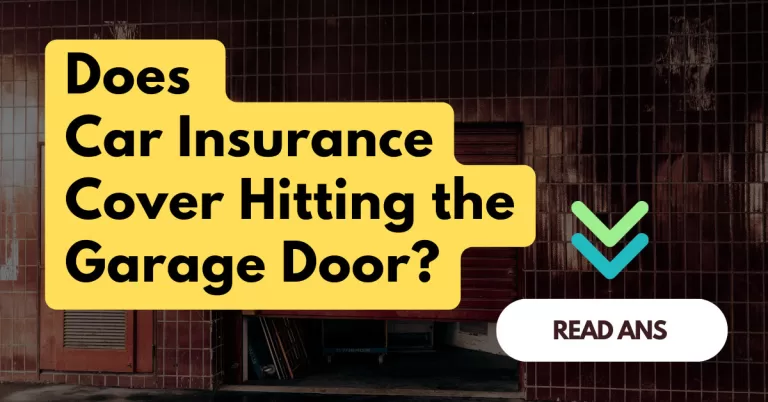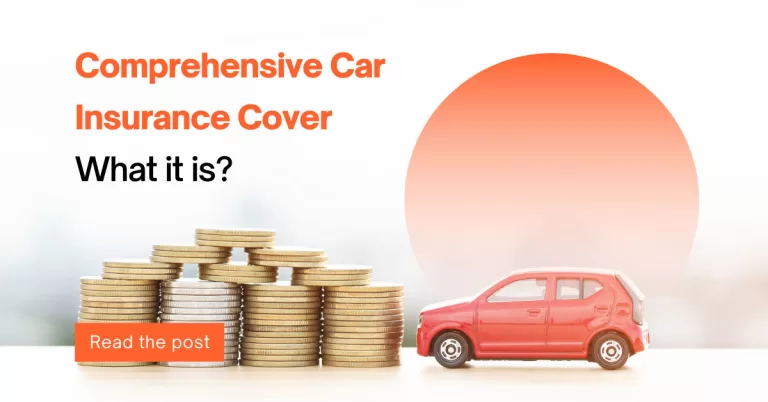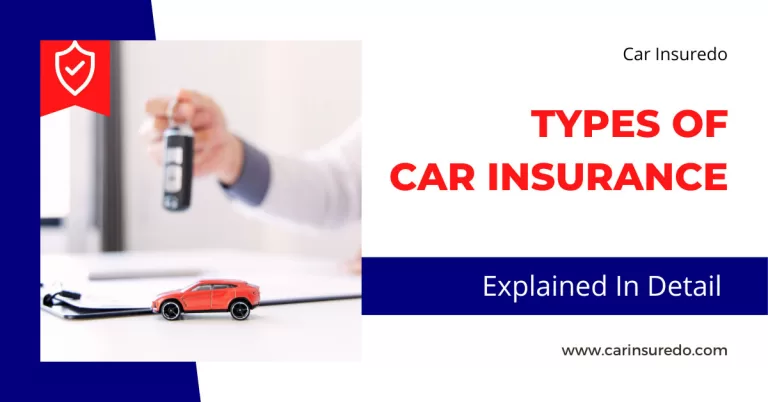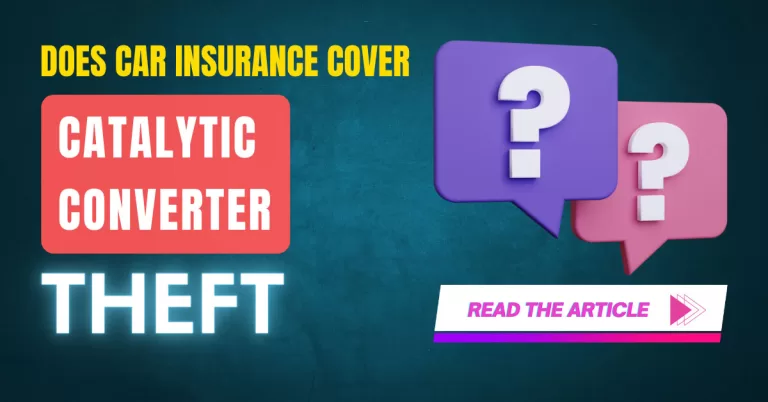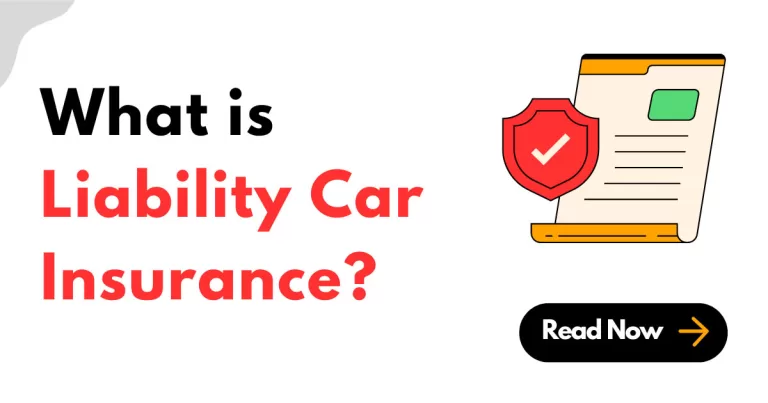Does Car Insurance Cover Rust Damage?
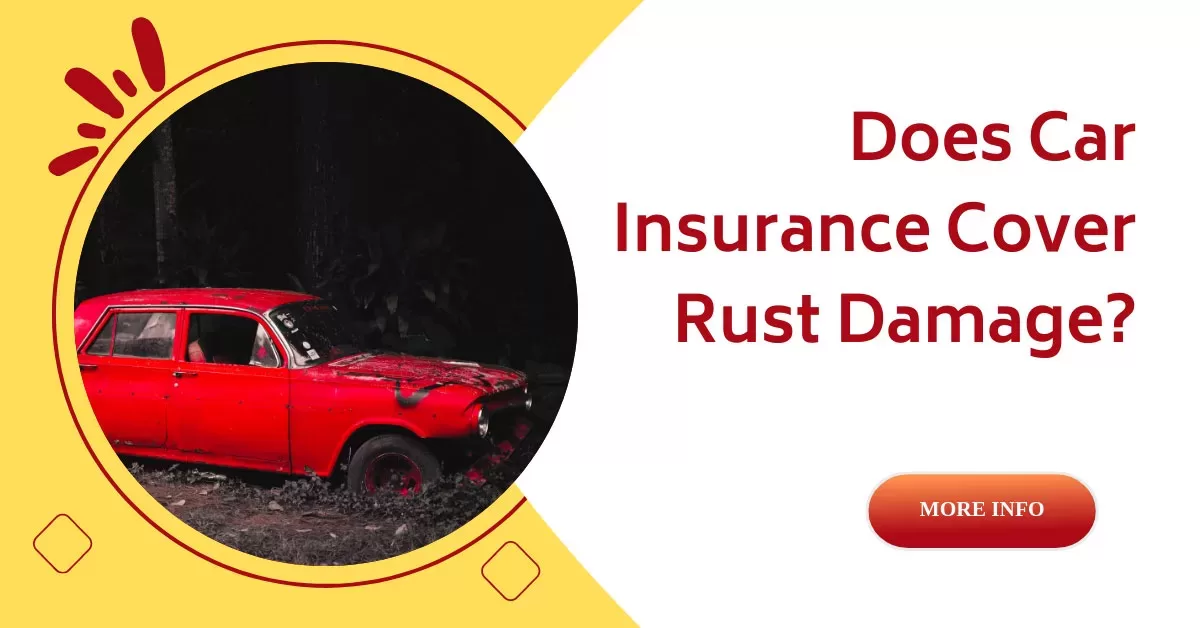
When it comes to car insurance, there are many factors to consider. One common concern among car owners is whether their insurance covers rust damage.
Rust can be a serious issue for vehicles, as it affects not only the appearance but also the car’s structural integrity. In this comprehensive guide, we will explore the topic of car insurance coverage for rust damage.
From understanding the causes of rust to knowing how insurance policies handle rust-related claims, we’ve got you covered.
Car Insurance Coverage for Rust Damage
What Causes Rust on Cars?
Before delving into the specifics of insurance coverage, let’s first understand what causes rust on cars. Rust is a natural process that occurs when iron or steel comes into contact with moisture and oxygen. Several factors contribute to the formation of rust, including:
- Exposure to Moisture: Water, especially in the form of rain, snow, or humidity, plays a significant role in rust formation.
- Road Salt: In areas where road salt is used to melt ice and snow, cars are exposed to a higher risk of rust due to the corrosive nature of salt.
- Environmental Factors: Harsh weather conditions, such as excessive heat or prolonged exposure to salty coastal air, can accelerate rust formation.
- Scratches and Damage: Any scratches, dents, or chipped paint on a car’s surface can create entry points for moisture and accelerate rusting.
Car Insurance Coverage for Rust Damage
Now that we have a basic understanding of what causes rust let’s explore how car insurance policies handle rust damage. It’s important to note that car insurance coverage can vary depending on the specific policy and insurance provider. However, in most cases:
1. Comprehensive Coverage
Comprehensive coverage is the type of insurance that generally covers damage to your car caused by non-collision incidents. This includes damage caused by natural disasters, vandalism, theft, and even rust. If your car insurance policy includes comprehensive coverage, you may be eligible to file a claim for rust damage repairs.
Related Article: What is Comprehensive car insurance and what does it cover?
2. Exclusions and Deductibles
While comprehensive coverage generally includes rust damage, reviewing your policy for any specific exclusions or deductibles related to rust is crucial. Some insurance policies may have limitations on the coverage amount or require you to pay a deductible before the coverage applies. Understanding these details can help you make an informed decision when filing a claim for rust damage.
Related Article: Car Insurance Claims Process: Step-by-Step Guide
3. Pre-existing Rust
Car insurance policies typically do not cover pre-existing rust. Insurance is designed to cover unforeseen events or accidents and pre-existing rust falls outside that scope. It’s important to address any existing rust issues before obtaining car insurance or when purchasing a new policy.
4. Regular Maintenance and Rust Prevention
Car insurance is not a substitute for regular vehicle maintenance. Insurance policies expect car owners to take reasonable steps to prevent rust damage. This includes frequent washing and waxing of the car’s exterior, promptly addressing any scratches or paint damage, and applying rust inhibitors or protective coatings as the manufacturer recommends.
FAQs
Does insurance cover rust repair?
Insurance coverage for car rust repair depends on the policy, with comprehensive insurance potentially covering rust from accidents/weather but not necessarily general wear and tear.
Does car insurance cover rust?
Car insurance may cover rust in specific situations, such as damage from accidents or weather, but typically not for general wear and tear.
Does insurance cover rust damage?
Insurance generally covers rust damage if it’s caused by a covered incident like an accident or weather, but not regular wear and tear.
Is rust covered under insurance?
Rust damage coverage in car insurance depends on the policy; some cover rust caused by accidents or specific events, but not usually for general wear and tear.
Does car insurance cover rust damage from saltwater?
Car insurance typically does not cover rust damage caused by saltwater. Most car insurance policies have exclusions for damage caused by wear and tear, corrosion, or gradual deterioration. Rust damage from saltwater is generally considered to fall under these exclusions.
Does basic liability insurance cover rust damage?
Basic liability insurance typically covers damage to other vehicles or property caused by your car. It does not cover damage to your own vehicle, including rust damage. To have coverage for rust damage, you should consider comprehensive insurance.
Conclusion
In conclusion, while car insurance coverage for rust damage may vary depending on the specific policy, comprehensive coverage typically includes protection against rust-related claims. It’s crucial to review your policy, understand any exclusions or deductibles related to rust, and take proactive measures to prevent and address rust issues.
Regular care and timely repairs are key to preserving the value and longevity of your vehicle. Remember, prevention is always better than cure when it comes to rust damage.

